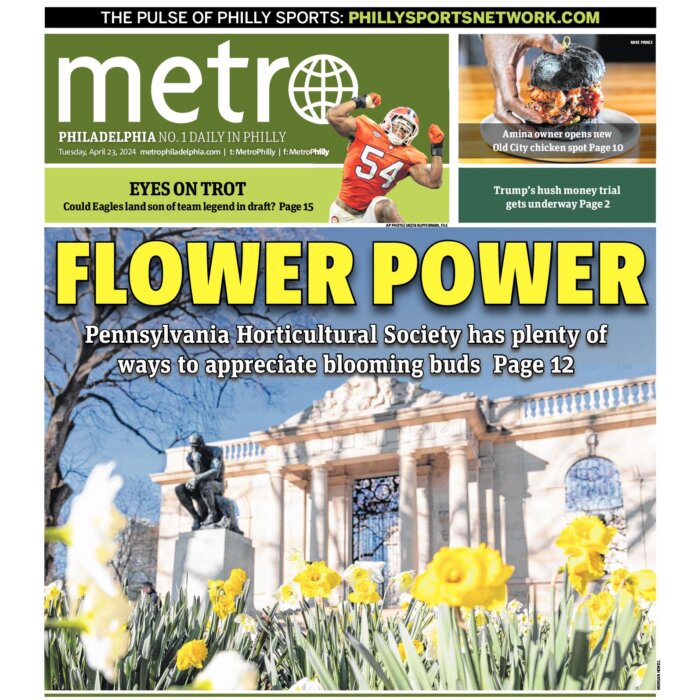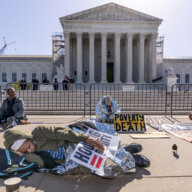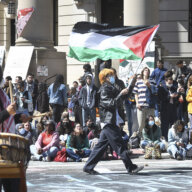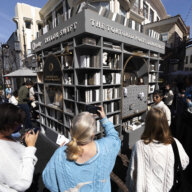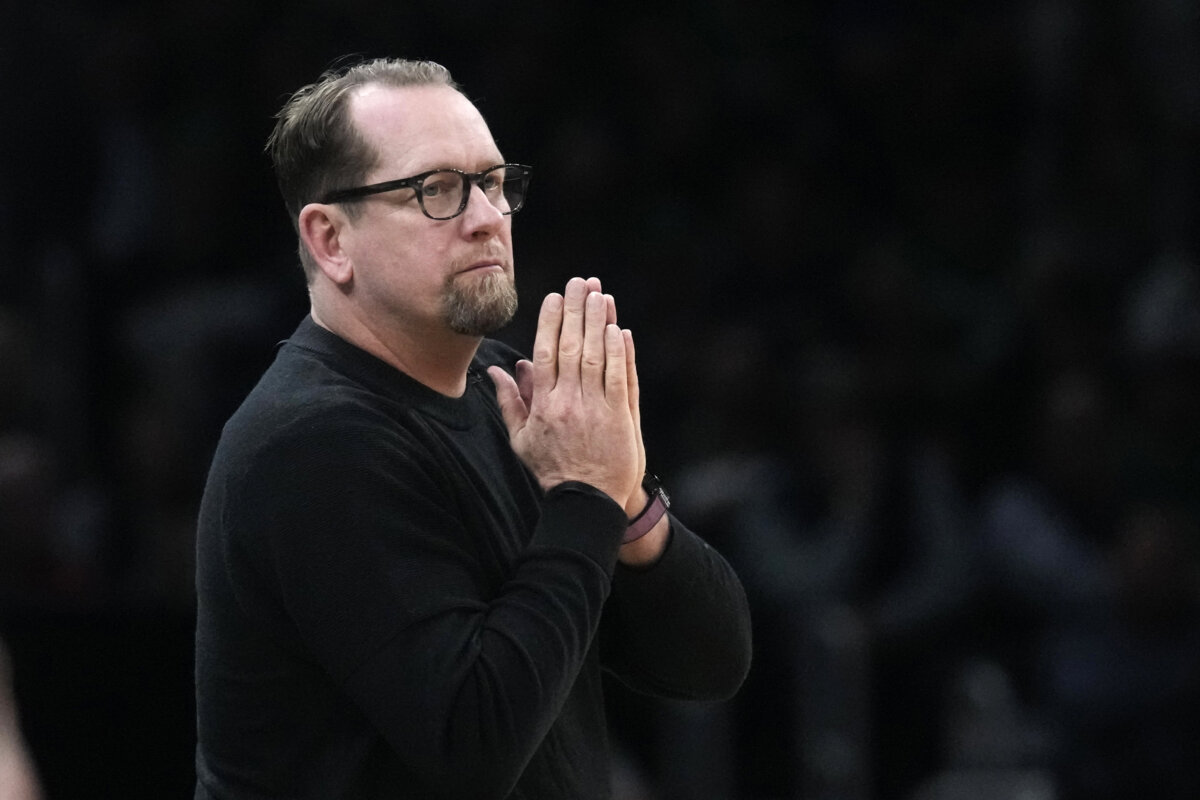A lack of laws regulating “massage parlor” businesses in states like Pennsylvania and New Jersey have allowed them to become a growing industry that could serve as a cover for human trafficking, a new report says.
A new report from Polaris, an anti-human trafficking organization, identified some 9,000 so-called “illicit massage businesses” (IMBs) across the United States that represent an estimated $2.5 billion in underground spending for alleged sexual services.
“While some keep a low profile, many others blatantly advertise ‘Asian gals,’ or bear sexualized names like ‘Good Girl Spa,'” Polaris wrote, noting that users post detailed reviews of various establishments and the women who work there on various private websites.
But many of the women working at IMBs have been tricked into coming to the US to work at these positions, Polaris said, and have no way to leave them.
“The vast majority of women reported to have been trafficked in IMBs are from China, with a relatively high number coming from the Fujian province. The next highest group are women from South Korea,” Polaris’ report stated. “Most women recruited have no more than a high school education and know very little or no English when they arrive in the United States.”
Polaris included in its report photos of massage parlors right in Center City, Philadelphia, which have been targeted by police in the past. But the industry seems to persist, not just in Philly but in the suburbs in the five-county area nearby.
According to Polaris, one Philly parlor operator, Chin Young Song, was convicted of racketeering charges related to prostitution in federal court in 2008. But just five years later, she went back into business in Dallas, Texas, with her new husband. The two were caught and both charged criminally in 2017.
Out of roughly 32,000 cases of human trafficking reported to the National Human Trafficking Hotline, massage parlor trafficking included 2,949 cases.
Polaris said many of the women working in IMBs have been deceived or lured into accepting these jobs with promises of high pay, non-sex work, and an opportunity to work in an American city.
Others are told they owe large fees in return for being transported to the United States and are given no choice but to work the loan off through sex work, Polaris said. Meanwhile, lacking familiarity with US legal protections or the courts, many sex workers are unable to even ask for help.
That’s why Polaris said that states and counties need legislation to regulate the massage industry to stop this practice, and to protect licensed, law-abiding massage therapists.
“As long as traffickers continue to fraudulently operate under the guise of massage, it will continue to affect the massage profession,” Polaris wrote. “Survivors of human trafficking require specialized, culturally-competent support once they have left a trafficking situation. Providing this support is vital to systemic disruption of human trafficking.”
To report human trafficking or get help, call the Human Trafficking Hotline at 1-888-373-7888, or text 233733.
By the numbers
9,000
Estimated number of illicit massage businesses (IMBs) in the US
$2.5 billion
Estimated annual expenditures on IMBs
32,000
Cases of human trafficking reported to National Human Trafficking Hotline
2,949
Above cases involving IMBs
Source: Polaris
